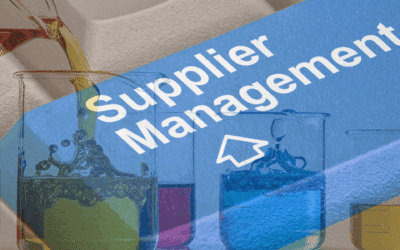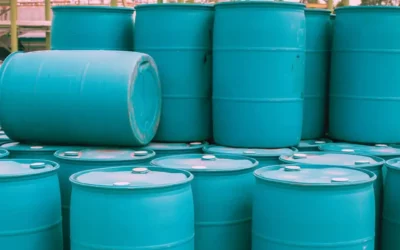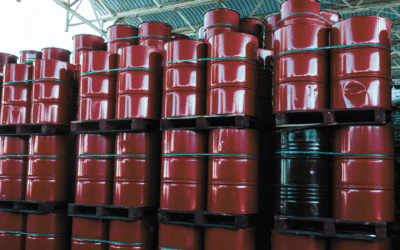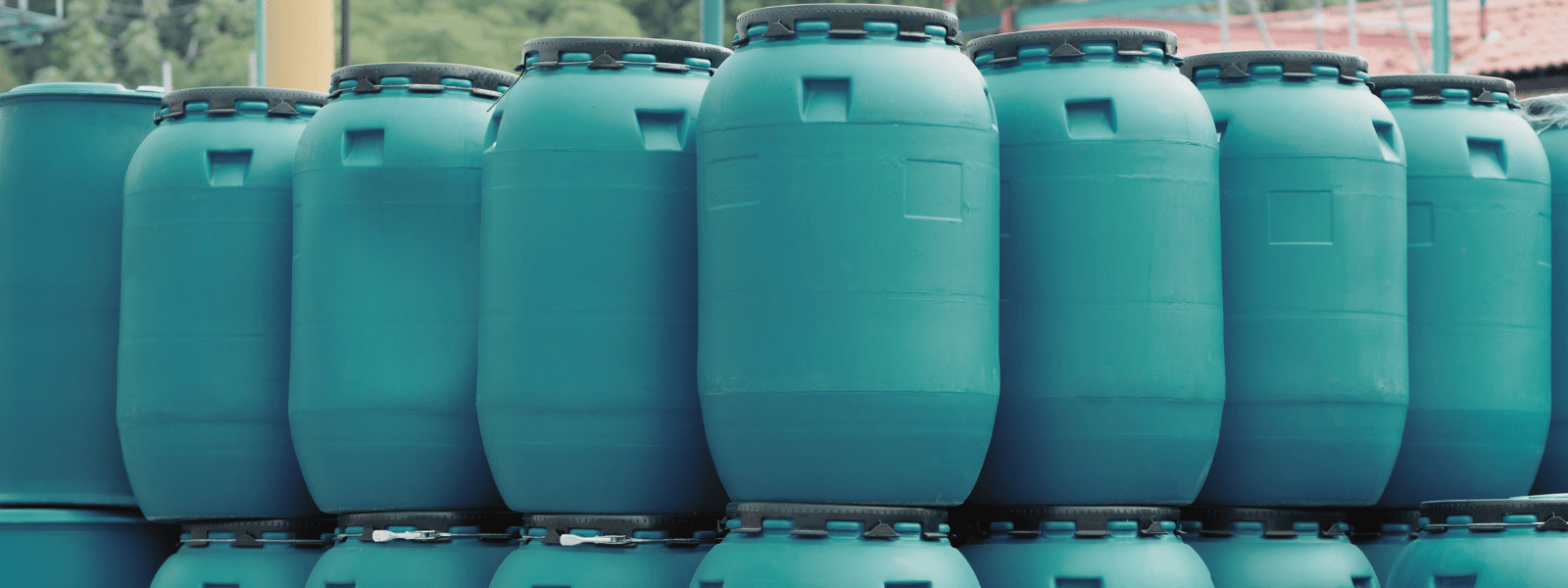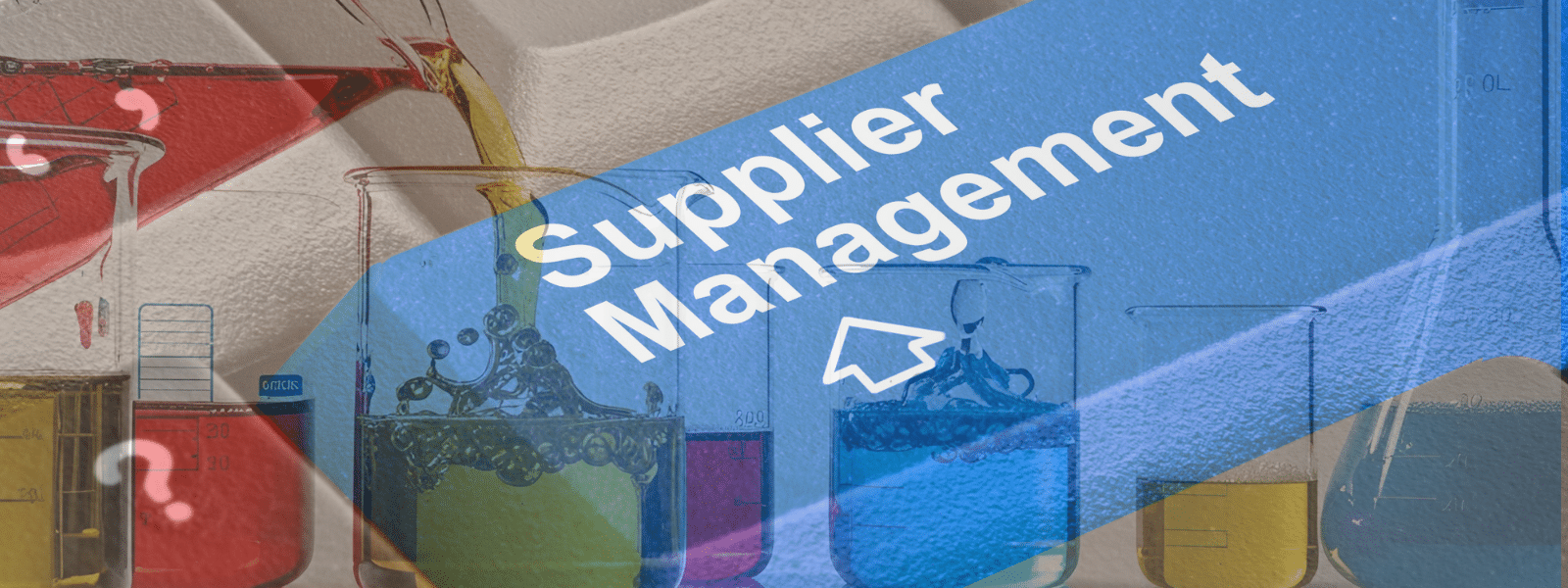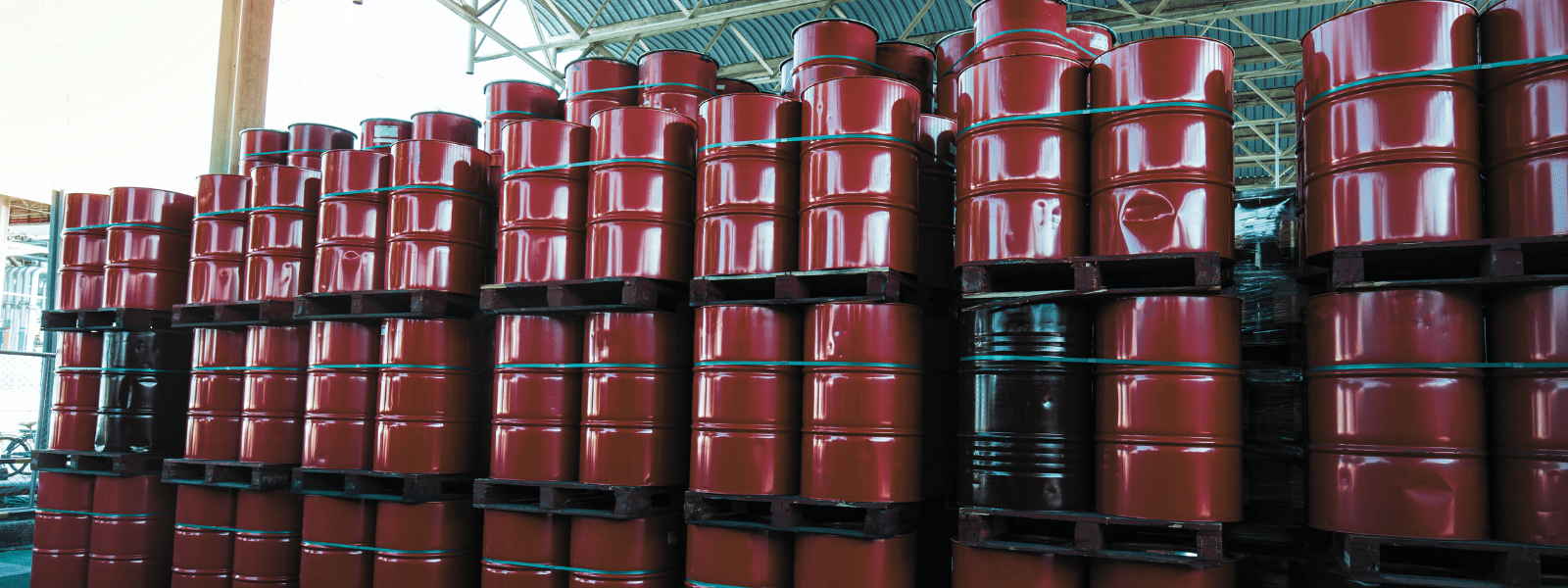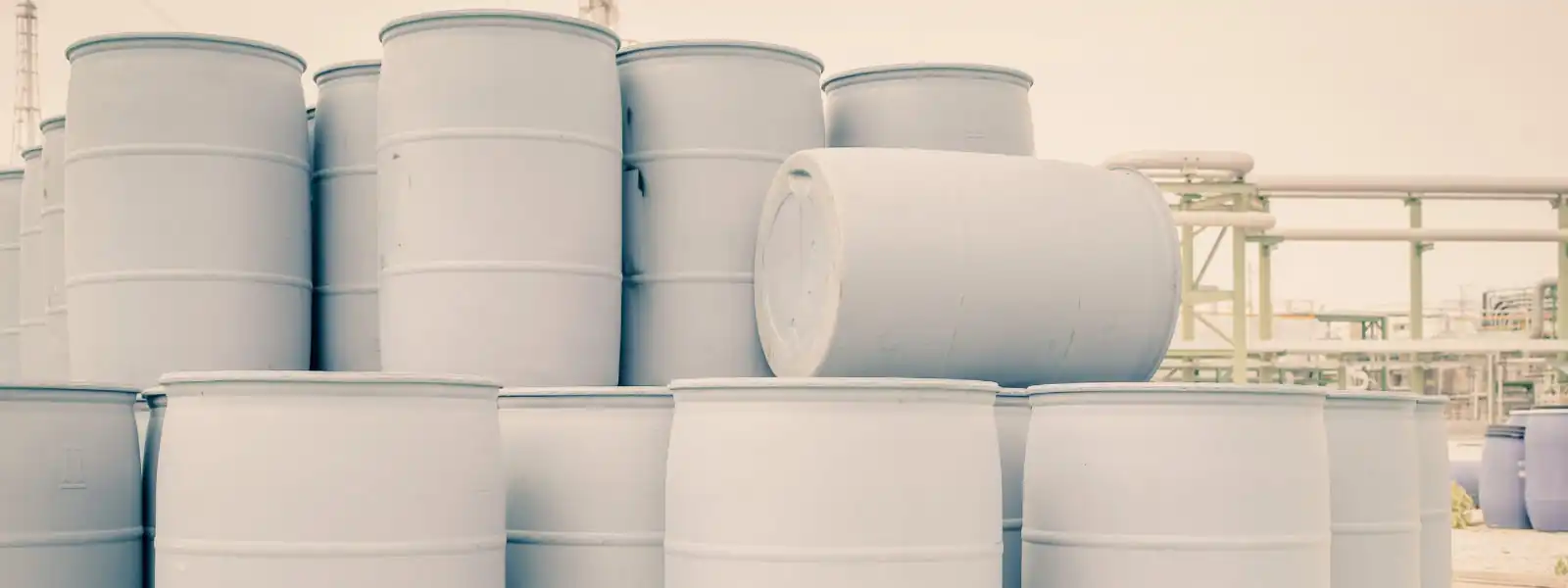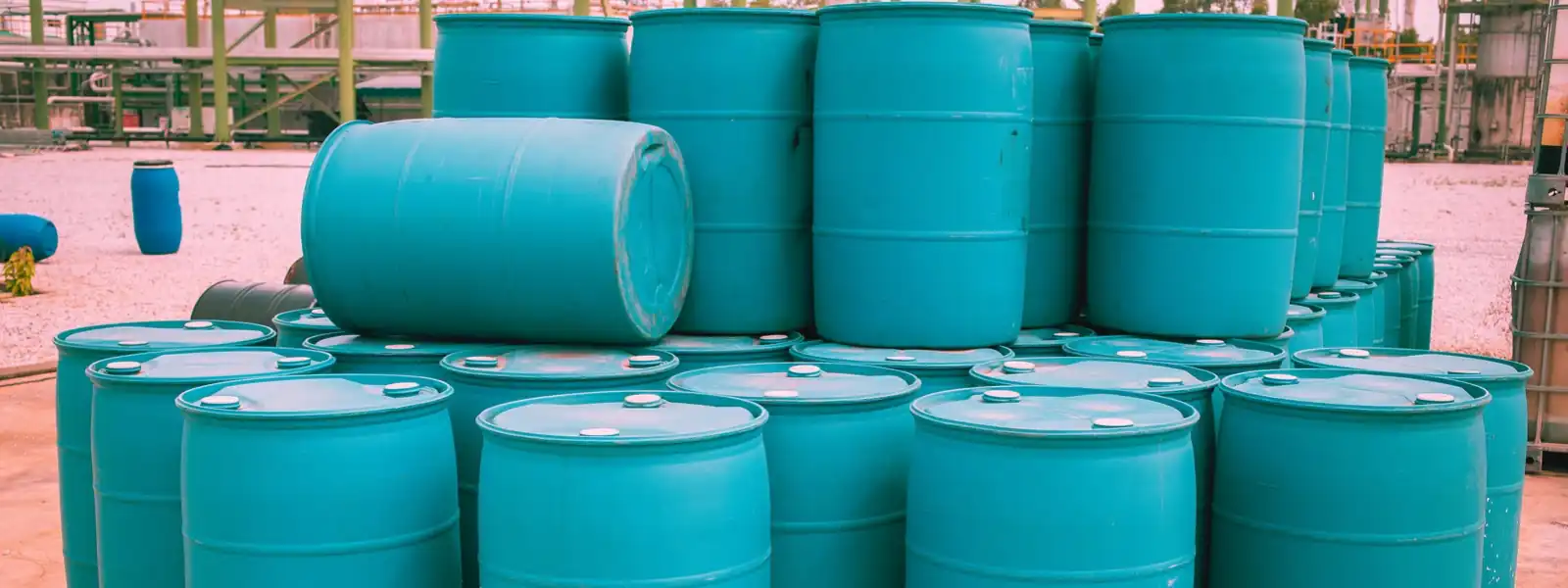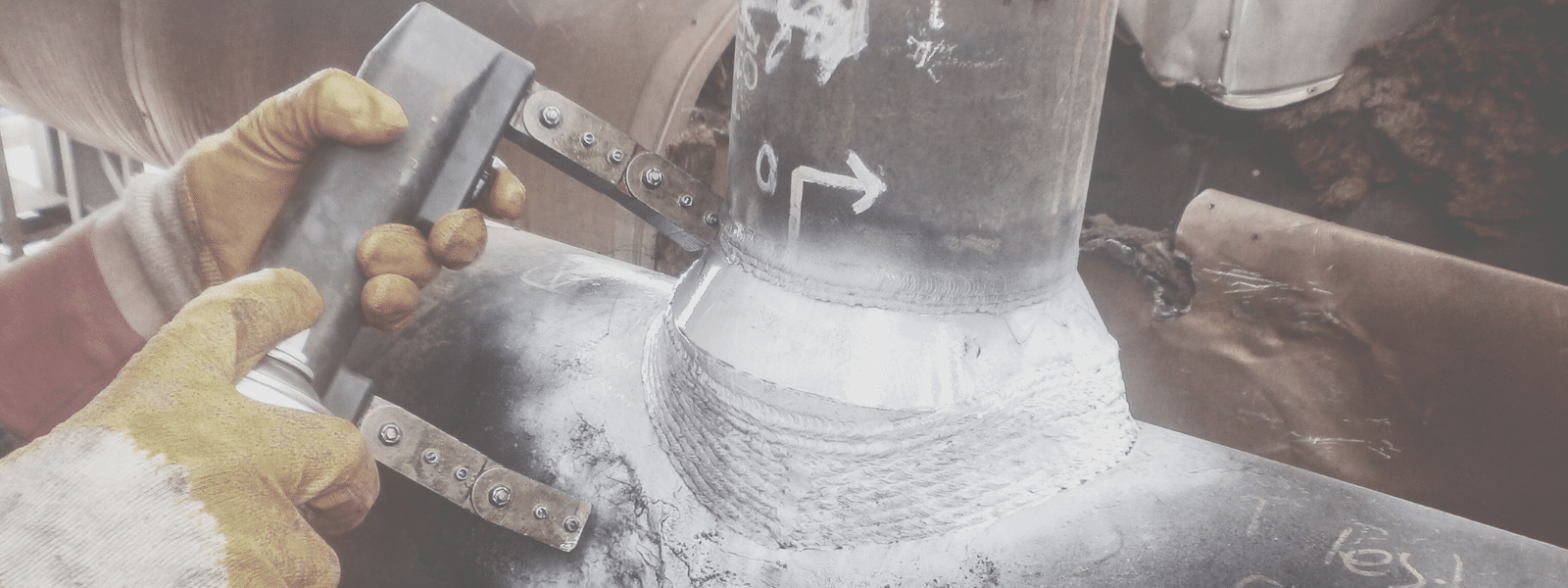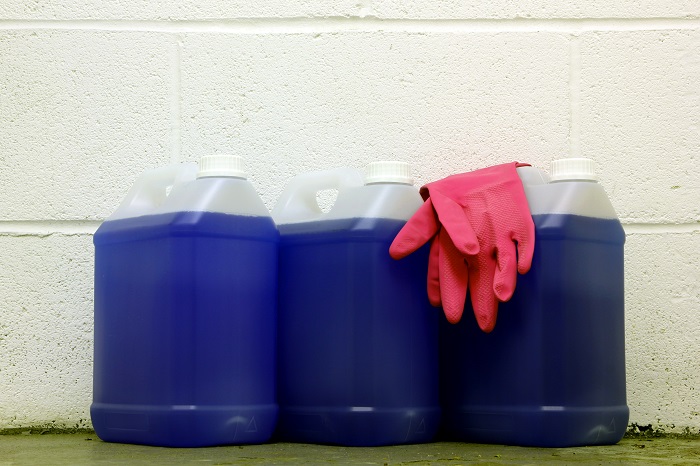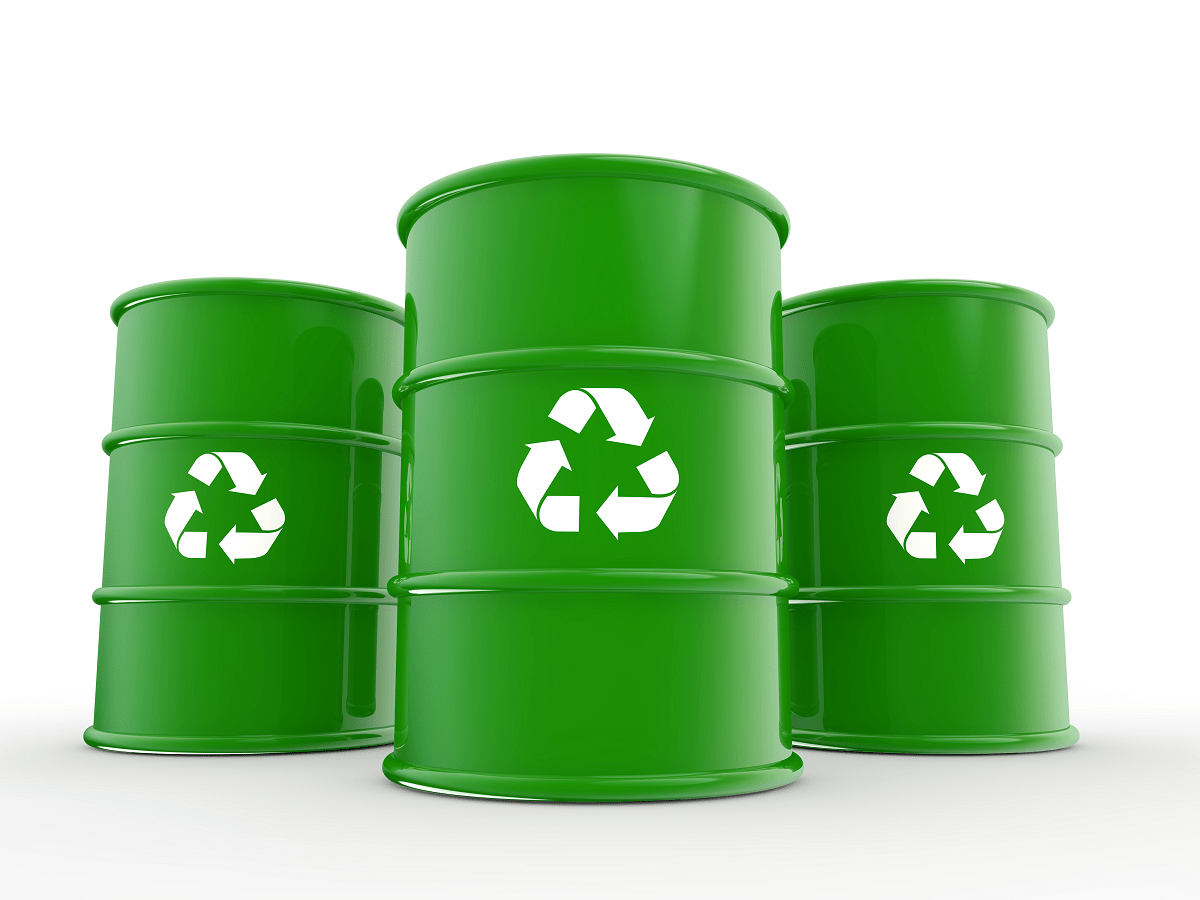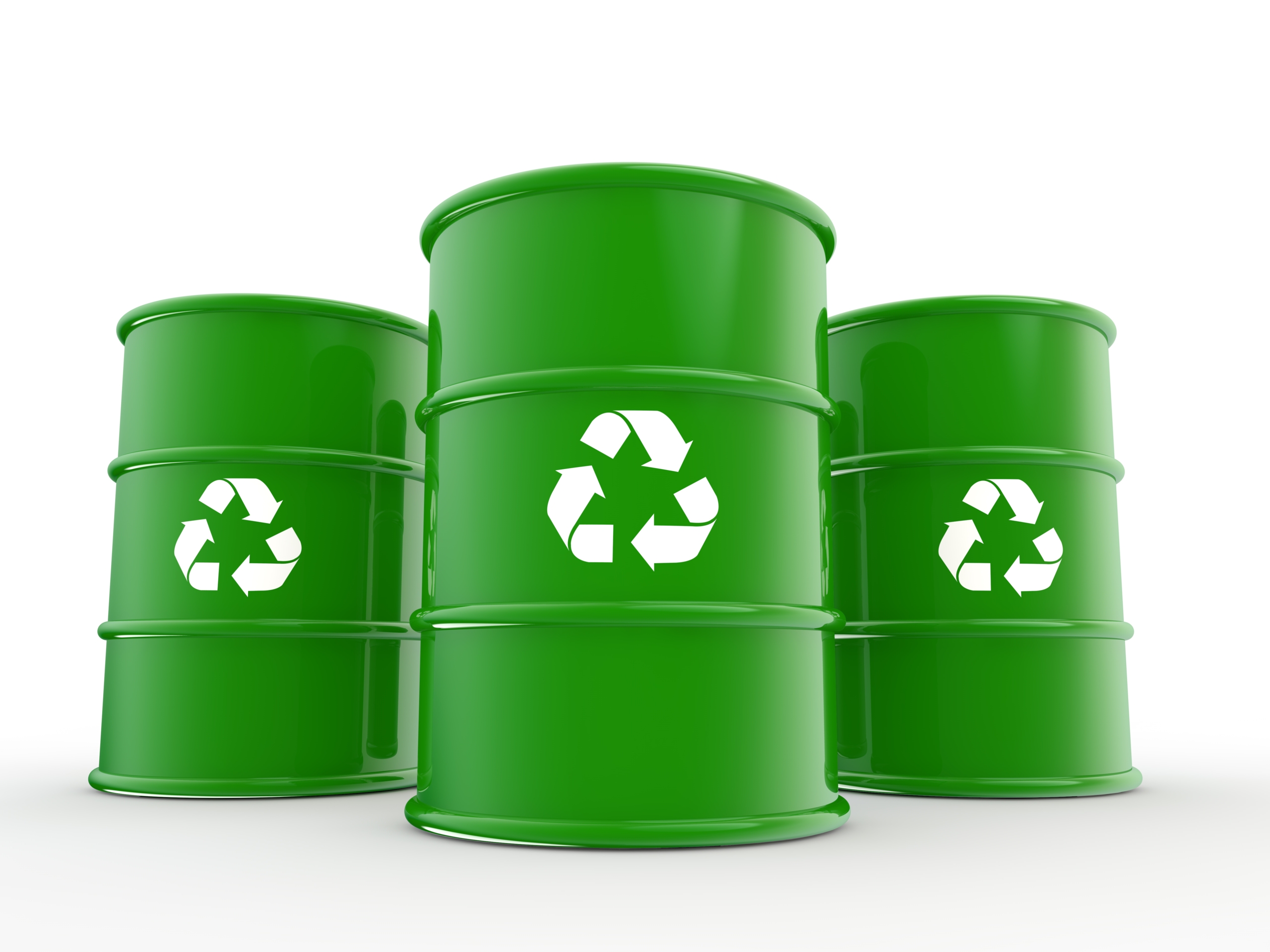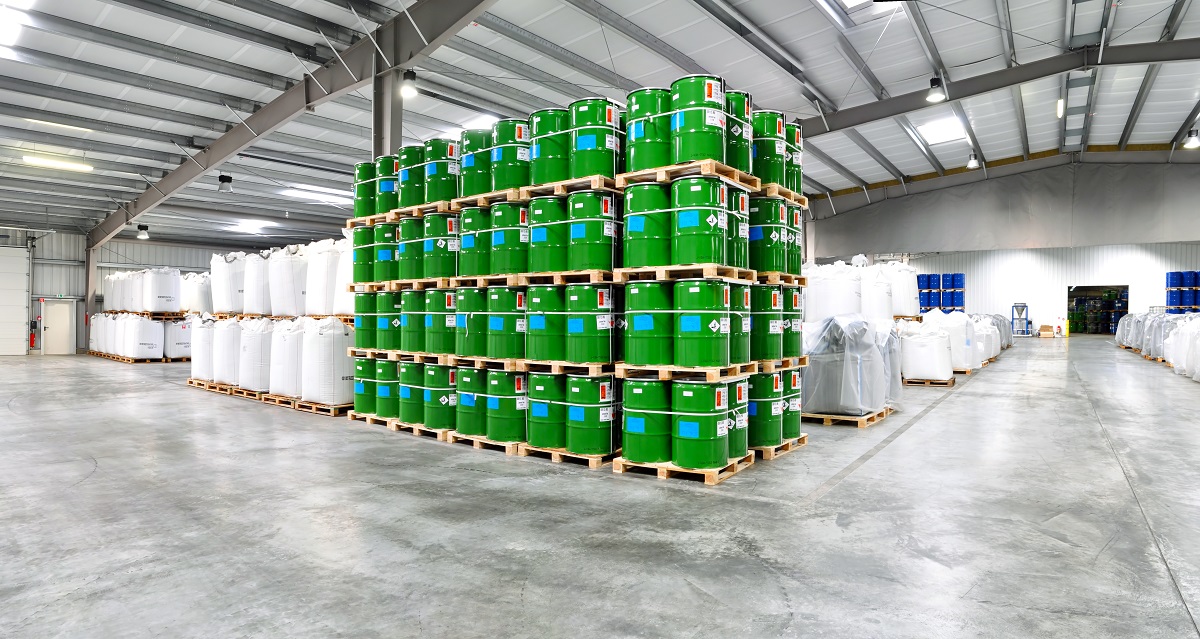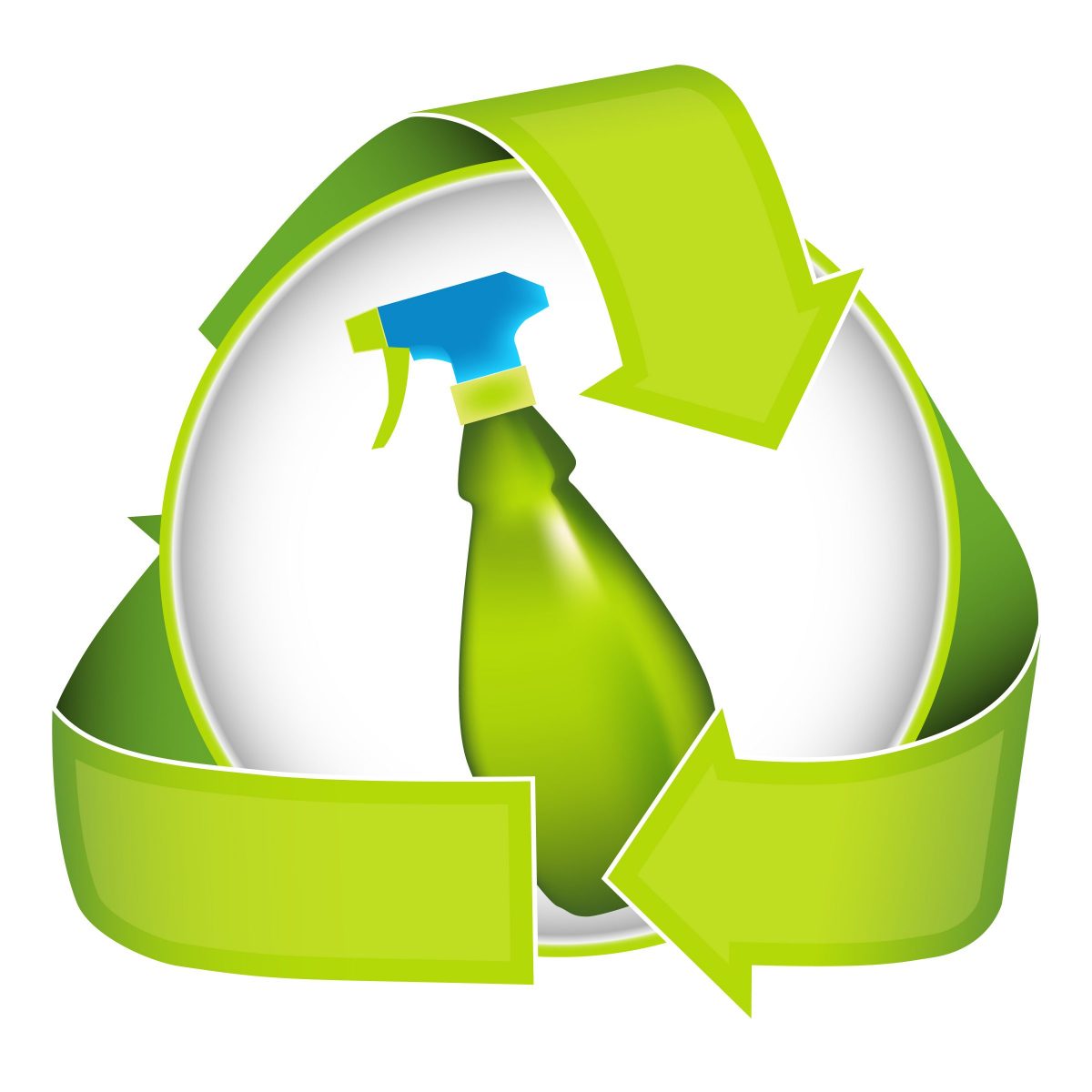Looking for new chemical solvent suppliers? You’re not alone. Considering that just about every industry requires chemicals, having a chemical...
Blog


CHEMICAL INDUSTRY NEWS
Chemical Chat – Discover What’s New!
What is Electronic Grade Chemicals?
Find yourself wondering what electronic grade chemicals are? Whether you’re trying to figure out the best chemical for cleaning your cell phone or...
What is Electronic Grade IPA
Isopropyl alcohol, commonly referred to as IPA, is a great solvent for cleaning. But when it comes to cleaning delicate surfaces such as...
What are Semiconductor Grade Chemicals?
Semiconductor grade chemicals are a great way to clean delicate electronic surfaces without causing irreversible...
What is Electronic Grade Chemicals?
Find yourself wondering what electronic grade chemicals are? Whether you’re trying to figure out the best chemical for...
Company News
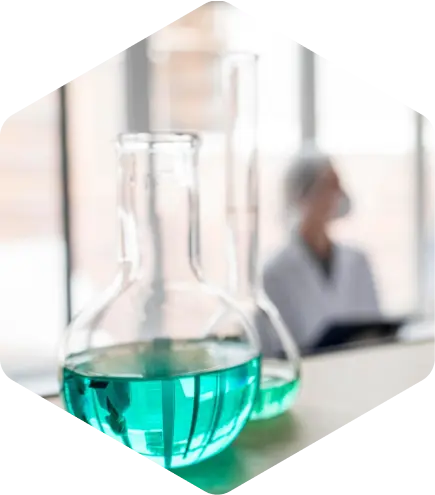
Managed Services
Discover the Latest in Safe and Sustainable Chemical Solutions
Stay informed with Ecolink’s blog! Subscribe now
Chemical Management Information
Stay updated with us
Sign Up for the Latest Updates
Stay informed about chemical supply chain disruptions and emerging innovations to keep your business at the forefront of efficiency and innovation. Uncover new ways to make your business practices more sustainable by incorporating safer products into your cleaning lineup.



